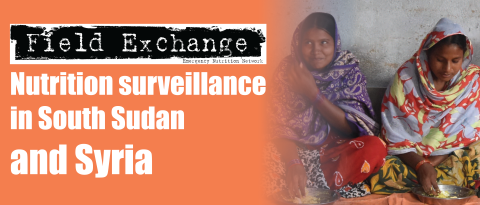Women’s empowerment, food security and nutrition of pastoral communities in Tanzania
Research snapshot1
In response to environmental, social and political pressures, many of the world’s 300-600 million pastoralists are shifting to more sedentary livelihood strategies (‘sedentarisation’), negatively affecting their food security and maternal and child dietary intake. For example, reduced access to common land can reduce the ability of pastoralists to feed their livestock and therefore threaten their reliance on animal products for household food security and nutrition.
A mixed-methods study examined the relationship between women’s empowerment, household food security, and maternal and child dietary diversity in pastoral communities in two regions of Tanzania to understand effective pathways to enhance maternal and child nutrition. A quantitative survey of 373 pastoralist women was undertaken; indicators across three domains of women’s empowerment (access to and control over resources, control and use of income, and extent and control of work time) were scored and matched to a household food-insecurity access scale. Qualitative surveys were undertaken with two subsets of 176 and 62 semi-sedentary, extensive pastoralist women to understand the gender dynamics affecting the women’s empowerment-food security and women’s empowerment-nutrition security nexus.
Both methodologies showed a positive correlation between women’s empowerment, their dietary diversity and that of their children, and therefore their nutrition security. Only the qualitative surveys indicated a positive relationship between women’s empowerment and household food security. A customary distinction of gender roles was revealed between men as guarantors of household food security and women as in charge of nutrition security; women’s perception is that this distinction is detrimental to achieving nutrition security. This may explain the discrepancy in quantitative and qualitative results. More qualitative research is needed to understand the complex links in sedentarising communities between women’s empowerment and food security and nutrition, as affected by the interplay of new livelihood arrangements, social and gender norms and household relations, as well as individual characteristics. The authors suggest the adoption of an empowerment-nutrition framework that includes non-economic domains of empowerment and control over purchasing, sales and preparation of animal-source food products. Dairy projects could combine technology and institutional interventions at different stages to enhance women’s empowerment and opportunities should be considered to enhance gender equity in rapidly sedentarising communities.
Endnotes
1Galiè, A., Teufel, N., Webb Girard, A., Baltenweck, I., Dominguez-Salas, P., Price, M.J., Jones, R., Lukuyu, B., Korir,L., Raskind, I.G. Smith, K., Yount, K.M. (2019) Women’s empowerment, food security and nutrition of pastoral communities in Tanzania. Global Food Security 23 (2019) 125–134


